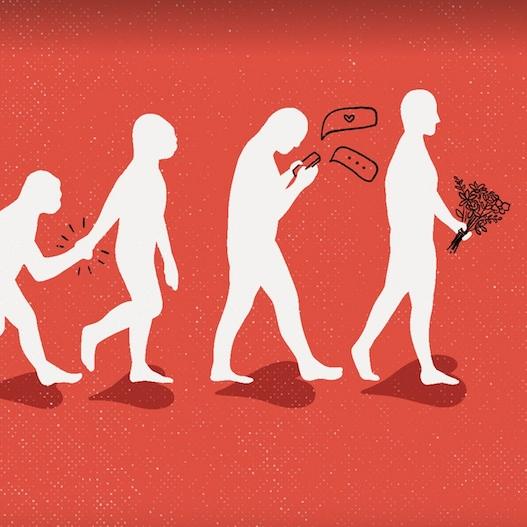When I decided as an undergraduate that I wanted to become a clinical psychologist, I was unaware of just how transformative my future career would be—not only for those with whom I would one day work, but also for myself.
Although my collegiate years were highly successful by most conventional standards, they were largely governed by my desire to avoid uncomfortable emotions, and therefore weren’t as meaningful or fulfilling as my CV might suggest.
And unfortunately, my work over the past decade—as a clinical psychologist specializing in evidence-based treatments for anxiety-related disorders and emotion regulation difficulties—has led me to conclude that this is likely the case for many of us.






